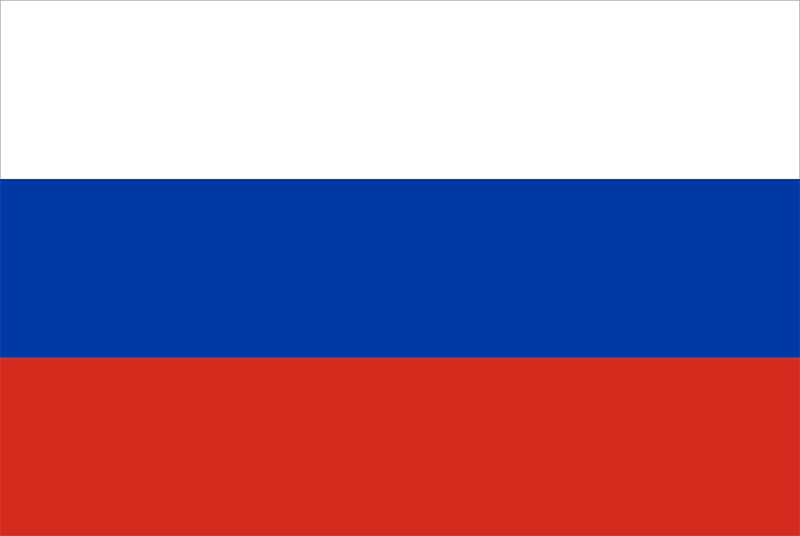Russia flag.jpg

Part 2 of 2 Parts (Please read Part 1 first)
Responding to the offer by President Lukashenko’s to host Russian nuclear weapons, NATO Secretary General Jens Stoltenberg said that the Western military alliance would need to consider redeploying nuclear weapons to Eastern Europe if the new German government makes changes to the country’s policy on sharing nuclear weapons among its members. Stoltenberg said, “Germany can, of course, decide whether there will be nuclear weapons in their country, but the alternative is that we easily end up with nuclear weapons in other countries in Europe, also to the east of Germany.”
Alexei Arbatov is a Moscow-based foreign policy expert. He described the possible redeployment of U.S. nuclear weapons to Eastern Europe as a “mad, adventurist move.” If Russia responds to such a redeployment by sending its nuclear weapons to Belarus, “the situation would be more dangerous than it was during the Cold War.” His comments were reported by the Interfax news agency.
Lukashenko has moved closer to Russia since he faced Western criticism and pressure over his election to a sixth term in an August 2020 election. Belarus opposition parties and Western nations rejected the election as rigged. Belarusian authorities responded to protests that were triggered by the election with a sweeping crackdown. This prompted the European Union and the United States to hit Belarus with several rounds of serious sanctions.
Tensions in the region have escalated further since this summer because of the arrival of migrants and refugees on the Belarusian border with European Union member Poland.
The European Union has accused Lukashenko of retaliating for the sanctions by using disparate asylum-seekers as pawns and tricking them into trying to enter Poland, Lithuania and Latvia with the goal of destabilizing the entire European Union. Some refugees have claimed that Belarus directed them to metal fences between Belarus and its neighbors and supplyied them with wire cutters to breach the fences.
Belarusian authorities have denied the accusation and have accused the European Union of failing to offer safe passage to migrants and refugees. Since November 8th, a large group of people, mostly Iraqi Kurds, has been stranded at the Belarusian border crossing with Poland where forces from the two countries were facing off. Most of these people stuck in freezing temperatures are fleeing conflict or hopelessness at home. They aim to reach Germany or other Western European countries. Lukashenko has been attempting to turn the tables on the West and cast the tensions over migration as part of a purported plot against Belarus and Russia.